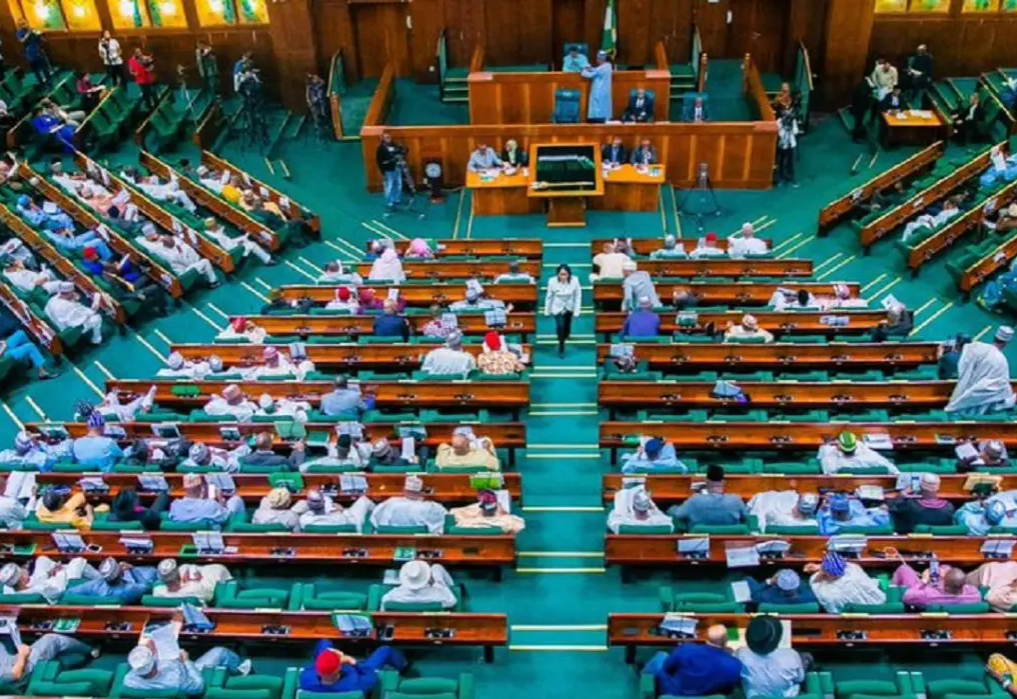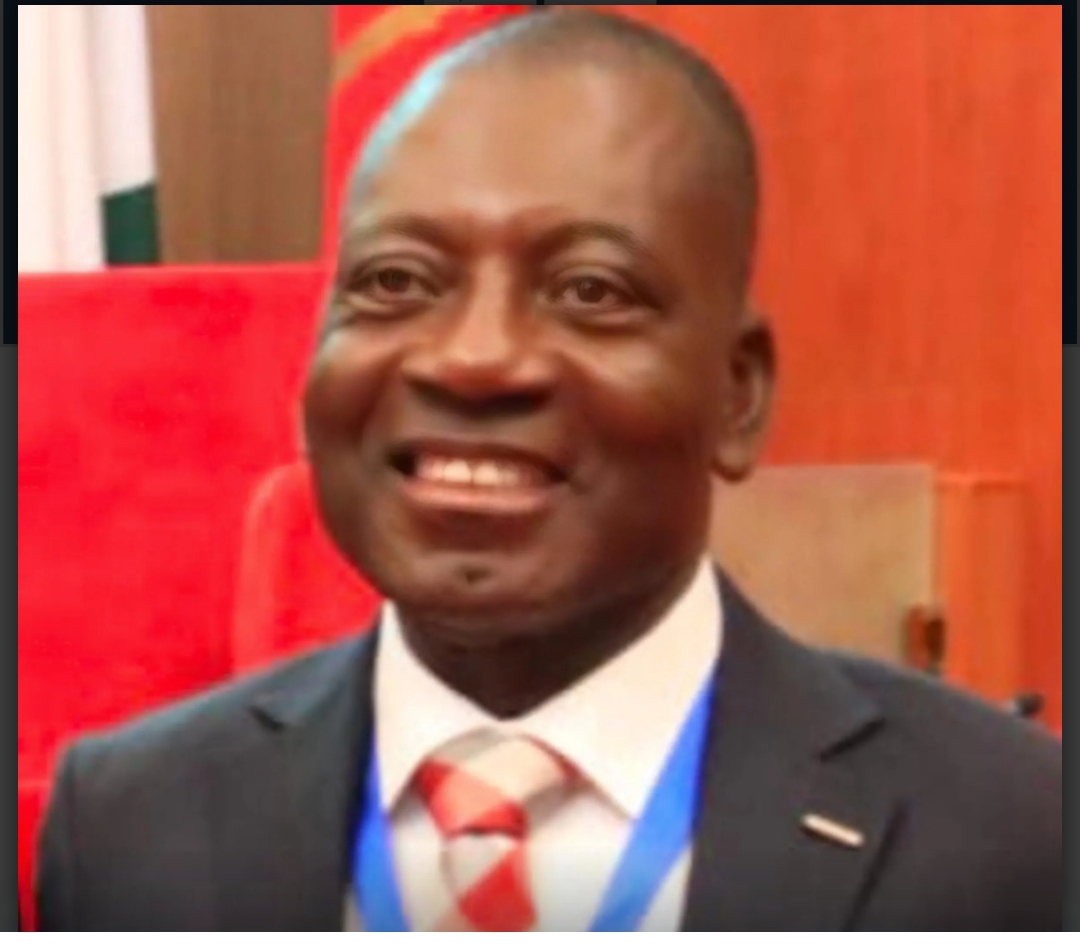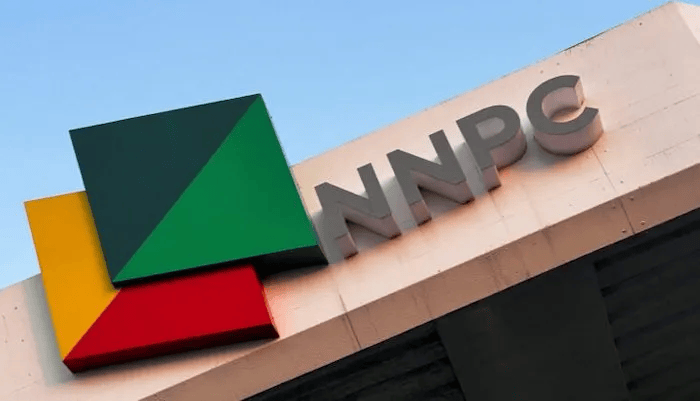If a new bill before Nigeria’s House of Representatives becomes law, things are about to get very real for the country’s political elite. Forget fancy private clinics in Abuja or sending your children to exclusive international schools — it may soon be general hospital or nothing.
Yes, you heard right.
Amobi Ogah, the House of Reps member representing Isuikwuato/Umunneochi Federal Constituency in Abia State, has stirred the hornet’s nest with a bold new proposal. His bill, titled “A Bill for an Act to Prohibit Public and Civil Servants from Patronising Private Schools and Health Care Services and for Related Matters (HB 2487)”, recently passed first reading at the House.
The plan? To legally compel all public office holders — from the President down to the cleaner in a government ministry — to use public schools and government hospitals for themselves and their families.
Yes o, if you work for the government and your child currently attends a plush private school, better start pricing uniforms at the nearest public secondary school. And if you’re used to flying abroad for small malaria, better start making friends with your local nurse at the public clinic.
According to Ogah, the whole idea is simple: rebuild public confidence in our institutions by forcing those in charge to actually use them.
“This bill intends to avoid conflict of interest, maintain public trust and high, uncompromised standards of public institutions,” he said.
In other words, if our leaders must sit on the same wooden benches and swallow the same paracetamol tablets as the average Nigerian, perhaps they’ll be more motivated to fix things.
It’s the kind of legislation that hits close to home — literally and figuratively. Nigerians have long watched with frustration as public officials send their children abroad for school, and take quick trips to the UK, Germany or Dubai for even minor medical check-ups. Meanwhile, back home, public hospitals are barely functional, and most public schools lack basic facilities like toilets or textbooks.
Ogah is now flipping the script: if public servants are proud of the job they’re doing, let them enjoy the fruits of their labour — not just the allowances.
But let’s be honest. Many are already calling this bill dead-on-arrival. In a political environment where personal comfort often outweighs public responsibility, getting this law passed may be tougher than a NEPA comeback during heavy rain.
Still, Ogah is undeterred. He has called on everyday Nigerians, the media and civil society groups to rise and back the bill, calling it a “call to national rebirth.”
If this bill survives the usual political gymnastics and lobbying, it could become a game-changer. Imagine a country where a senator’s wife gives birth at a public hospital in Yaba, or a governor’s children study at a public secondary school in Bauchi. The ripple effect could be transformational.
Or maybe — just maybe — it’s all just sweet talk. Nigerians are watching. After all, they’ve seen many “anti-elite” bills go in with a bang and come out as whispers.
Still, one thing is clear: Ogah has thrown a challenge, and it’s landed squarely on the laps of his fellow lawmakers.
Will they vote to share in the people’s pain, or continue to live above it?
In the words of a Twitter user: “If dem really pass this bill, I go use my PVC do thanksgiving.”
Let’s see how far it goes.





